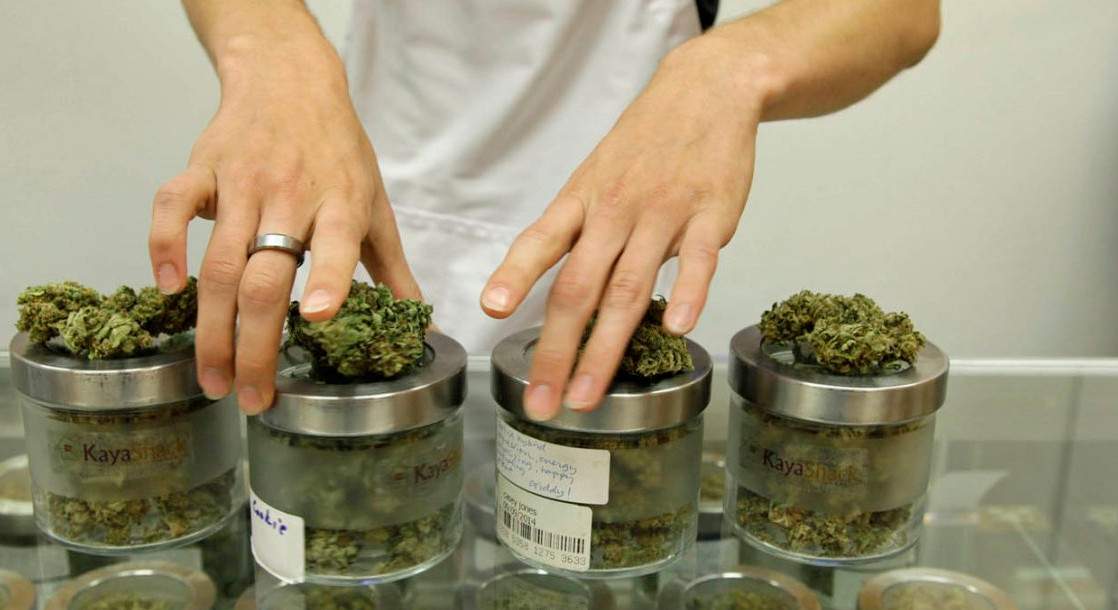On the fateful day of November 8, 2016, California and three other states legalized marijuana for recreational purposes. An oversight, however, could lead to a tax break in California stretching all the way to January 1, 2018.
According to the San Francisco Chronicle and the Washington Post, the State Board of Equalization has ruled that medical marijuana will be tax-free for a year due to an error in the fine print. The mix-up could end up costing California millions.
The main selling point behind Proposition 64 was the tax revenue it promised California. A 15 percent excise tax on both recreational and medical marijuana would be implemented on the first day of 2018. An additional 7.5 percent sales tax would be applied to recreational marijuana.
The bill, however, was intended to drop the 7.5 medical marijuana tax. Within the 62-page bill, the January 1, 2018 target date for the new recreational taxes was eliminated, so the medical marijuana tax elimination became effective this week.
Jason Kinney is a spokesperson for Proposition 64 campaign. "Obviously, we strongly disagree with any interpretation of the measure that comes to the bizarre conclusion that medical [marijuana] patients are somehow immediately exempt from the state sales and use tax — before the excise tax takes effect," Kinney told Business Insider. "Obviously, we strongly disagree with any interpretation of the measure that comes to the bizarre conclusion that medical [marijuana] patients are somehow immediately exempt from the state sales and use tax — before the excise tax takes effect."
Pat Oglesby of the Center for New Revenue defended the drafters behind Proposition 64. “I made a more expensive mistake as a staffer on the Joint Congressional Committee on Taxation. It’s very easy to get a detail wrong in a long, complex document,” Oglesby admitted to the Washington Post.
Board member Jerome Horton said California could be losing as much as $49.5 million in revenue loss.











